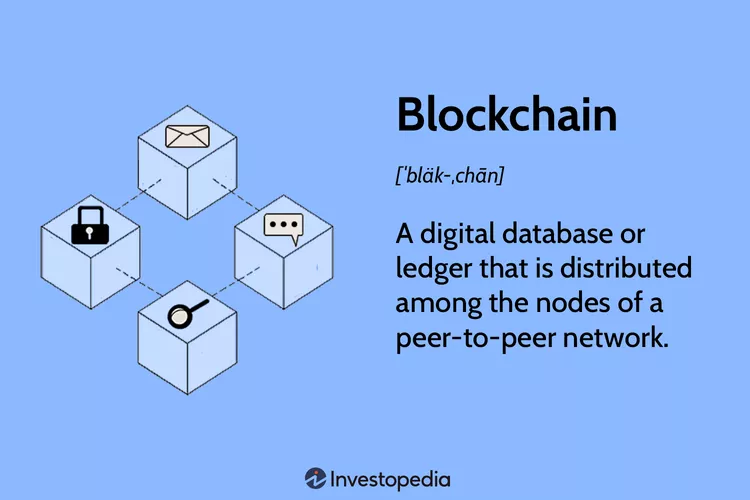Introduction
In today’s rapidly evolving digital landscape, blockchain technology has revolutionized the way organizations manage transactions and trust. At the heart of this transformation lies the smart contract — a powerful tool that automates agreements, ensures transparency, and minimizes human error.
Singleclic, a leading IT solutions company since 2013, empowers enterprises across the Arab world with cutting-edge digital transformation solutions, including blockchain integration, ERP systems, and secure cloud platforms.
What Are Smart Contracts?
Definition in Simple Terms
A smart contract is a self-executing digital agreement built on a blockchain. It automatically enforces the terms of a contract once specific conditions are met — without the need for intermediaries like banks, brokers, or lawyers.
These contracts are coded using blockchain technology, ensuring transparency, traceability, and security in every transaction.
How Smart Contracts Work
Smart contracts function through a decentralized blockchain network. When parties agree on predefined rules, the contract code automatically executes the agreement when all conditions are fulfilled.
For example:
- A payment contract might release funds once a shipment is delivered and verified.
- A real estate contract could transfer ownership instantly after the buyer’s payment is confirmed.
This automation eliminates disputes, reduces delays, and builds digital trust between parties.
Top Applications of Smart Contracts in Blockchain
1. Financial Transactions and Banking
Smart contracts simplify complex financial operations — such as loans, insurance claims, and cross-border payments — ensuring instant processing and zero manual intervention.
2. Supply Chain Management
Blockchain-based contracts track products from origin to destination. They enhance visibility, reduce fraud, and ensure suppliers meet quality standards.
3. Real Estate and Property Transfers
By using smart contracts, property buyers and sellers can automate escrow payments, title transfers, and verification processes — making the transaction faster and safer.
4. Healthcare Data Security
Hospitals and clinics leverage smart contracts to secure patient data, ensuring that records are accessed only by authorized entities under predefined conditions.
5. Government and Public Sector
Governments implement smart contracts for digital identity systems, land registration, and tax collection, reducing corruption and improving service efficiency.
Advantages of Smart Contracts
Transparency and Trust
All smart contract transactions are recorded on a public blockchain, ensuring complete visibility and tamper-proof data.
Automation and Speed
Since they execute automatically, smart contracts reduce processing time and eliminate manual errors.
Cost Efficiency
Without middlemen, organizations save significant costs on processing and legal fees.
Security and Reliability
Blockchain’s encryption and consensus mechanisms make smart contracts extremely secure and resistant to hacking.
Types of Smart Contracts in Blockchain
There are several types of smart contracts depending on use and functionality:
- Decentralized Finance (DeFi) Contracts – For automated lending, borrowing, and trading.
- NFT Contracts – For digital asset ownership and royalties.
- Supply Chain Contracts – For logistics and quality assurance.
- DAO Contracts – For decentralized governance and voting mechanisms.
Examples of Blockchain-Based Smart Contracts
Some real-world examples include:
- Ethereum Smart Contracts: The most popular platform powering thousands of decentralized apps.
- Hyperledger Fabric: Used by enterprises for private, permissioned contracts.
- Binance Smart Chain (BSC): Known for fast and low-cost decentralized transactions.
How to Make Money with Smart Contracts
Companies can monetize smart contracts through:
- Developing decentralized applications (DApps).
- Offering tokenized services or digital assets.
- Creating automated financial systems with DeFi models.
- Providing consulting and integration services for blockchain adoption — an area where Singleclic excels.
Why Choose Singleclic for Blockchain and Smart Contract Solutions
With over a decade of experience, Singleclic delivers end-to-end blockchain and IT solutions tailored to business needs. Our services include:
- Custom software development (Low-code, ERP, CRM)
- Network design and infrastructure solutions
- Cybersecurity and digital trust frameworks
- Cloud hosting and data management
- 24/7 technical support and consulting
We help organizations across energy, healthcare, retail, finance, and manufacturing sectors build digital ecosystems based on trust and transparency.
Conclusion
Smart contracts and blockchain applications are transforming industries worldwide by enabling secure, automated, and transparent transactions. As businesses continue to adopt decentralized technologies, partnering with an expert like Singleclic ensures smooth integration and long-term scalability.
👉 Contact Singleclic today to explore how blockchain and smart contracts can accelerate your digital transformation journey.
📞 +2 010 259 99225 / +971 42 475421 / +966 58 1106563
🌐 https://singleclic.com/
People Also Ask
What is a smart contract example?
A logistics company using blockchain to release payments automatically after a shipment reaches its destination.
What are the advantages of smart contracts?
They offer automation, security, cost savings, and eliminate intermediaries.
How do smart contracts make money?
Through DeFi platforms, DApps, and blockchain-based services.
What are the top 10 smart contract platforms?
Ethereum, Solana, Cardano, Polkadot, Hyperledger Fabric, Avalanche, Tezos, Tron, Algorand, and Binance Smart Chain.






